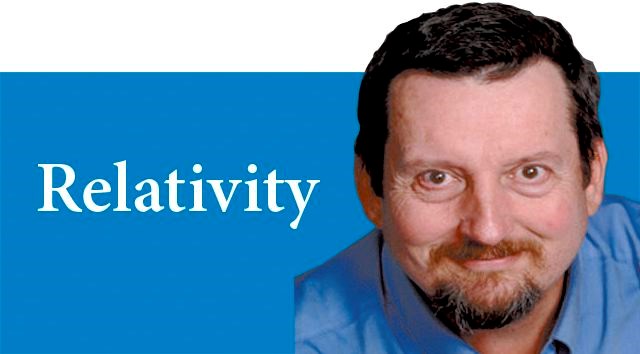With the change in calendar, it seems appropriate to look both at the year that was and the year that will be.
From a scientific perspective, 2018 was a bit apocalyptic. Consider the article The Biomass Distribution on Earth published in the Proceedings of the National Academy of Science. This comprehensive study addresses the impact of humans on global biodiversity. By any measure, it would appear we are responsible for wiping out much of the life on this planet.
In sheer mass, humans represent about 300 million tonnes. Domesticated animals are close to 700 million tonnes while wild animals over two kilograms in size are down to just 100 million tonnes. To put that in perspective, humans and their food supply have a 10:1 ratio relative to the rest of the large animals on the planet. A thousand years ago, the numbers were reversed.
Other articles on the bleaching of coral reefs, the proliferation of plastics into the water columns in the oceans leading to the Great Pacific Garbage Patch and the effects of alterations in the distribution of heat on climatic events paint a less than rosy picture about the future of our ecosystems.
And if degradation of the planet inspires you to drink, an epidemiological report on the consumption of alcohol makes the claim there is no safe amount. Even traces of alcohol in our food is not good for long term health. This, by the way, should not be confused with claims about the virtues of red wine. It is not the alcohol in the wine which is thought to promote health but the other compounds such as the polyphenols. Wine without alcohol would be much healthier.
But perhaps my favourite paper from the past year confirms what the internet and social media has demonstrated over and over - lies spread much faster than truth.
Anyone who has read U.S. President Donald Trump's Twitter feed knows this. However, MIT scientists were actually able to demonstrate just how effective lies were in the social universe.
For Washington Post columnist Max Boot, two of his articles were hacked so as to make it seem he was contradicting himself. His social media lit up accusing him of hypocrisy. Even when the truth was discovered, many critics refused to believe and stood by the false tweets.
In a world where reading-is-believing, social media seems to be an open ticket to recreating reality to fit a particular narrative.
So, will 2019 be much better? Hopefully. And I should point there were many positive breakthroughs in 2018 such as increased capacity for rechargeable lithium batteries and potential new antibiotics which might help to control some of the more virulent drug-resistant superbugs.
One of the more interesting prospects for this year will be learning what New Horizons' flyby of Ultima Thule has to say about the chemistry of the early solar system (see story, above). While we have a general model for putting planets together, more data will help to answer some of the outstanding questions.
Similarly, the successful landing of Insight on Mars will allow for deeper exploration. It is set to drill deep into the surface searching for minerals and possible signs of life along with seismic activity.
Humans have not set foot on Mars, but we are exploring the planet remotely.
Closer to home, an ambitious five-year mission will see scientists from the U.S. and U.K. descending on Antarctica to understand whether the Thwaites Glacier will collapse within the next decade. It will involve the use of underwater drones and surface drilling to study ocean conditions near the Florida-sized ice sheet. The scientists are teaming up with an unlikely group of colleagues as they will be fitting elephant seals with sensors to gather oceanographic data.
And as carbon emissions continue to rise, 2019 could see significant advances in experiments to sequester carbon or cool the planet through geo-engineering. For example, plans are underway to spray plumes of chalk into the stratosphere to determine if the particles will reflect sunlight.
Of course, geo-engineering is not without its sceptics as such efforts may have unexpected consequences.
The delicate balance which exists for the entire planet could be thrown further out of whack by mass geo-engineering. There are too many variables involved and not enough is known about the effects involved. Further, the promise of geo-engineering may lead to a decrease in efforts to reduce greenhouse gas emissions.
One source of carbon emissions which will likely increase over the next year is the combustion of cannabis.
As Canada is the second country in the world to legalize smoking marijuana, researchers are benefiting from a boost in funding to study its effects. The University of Guelph hopes to launch Canada's first academic centre dedicated to cannabis research.
So while 2018 might have shown us the cost of alcohol consumption, maybe 2019 will demonstrate the benefits of weed.
Happy New Year!



